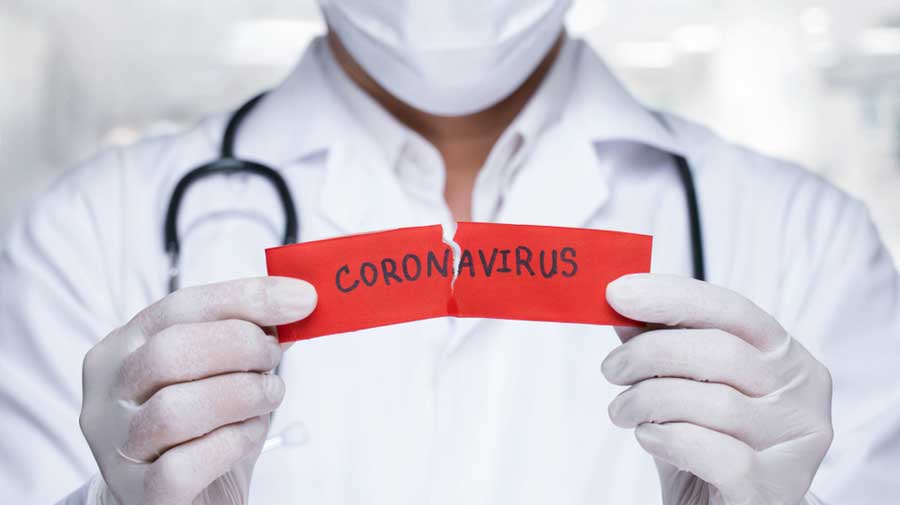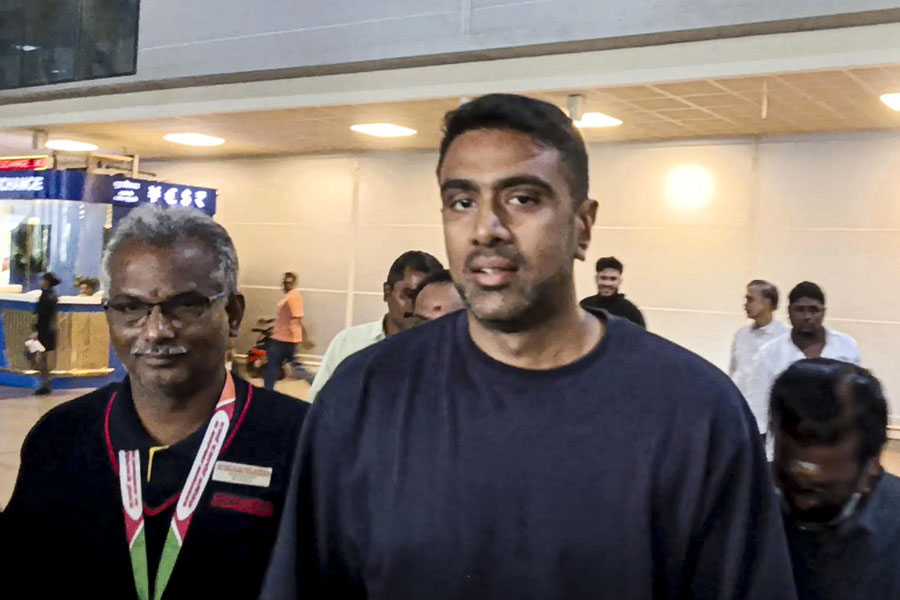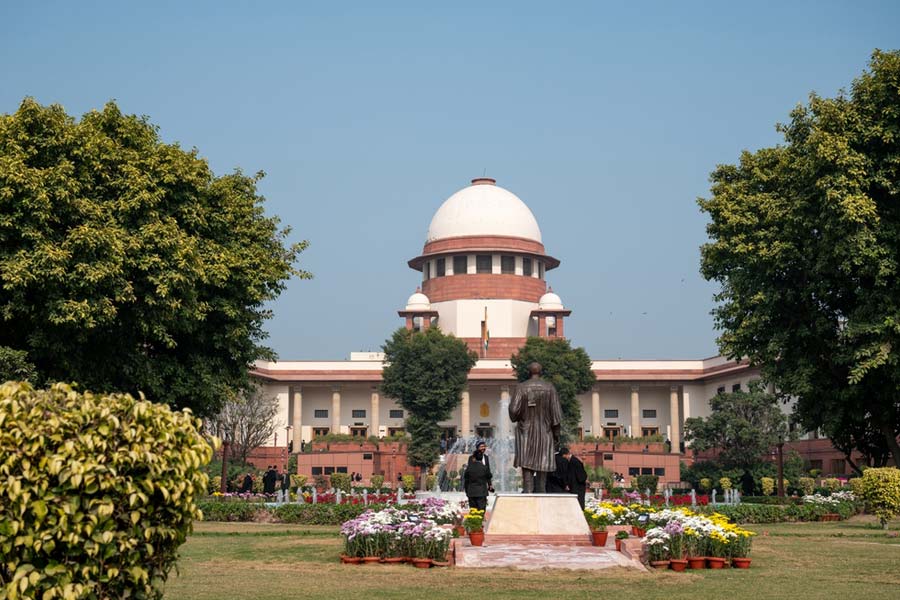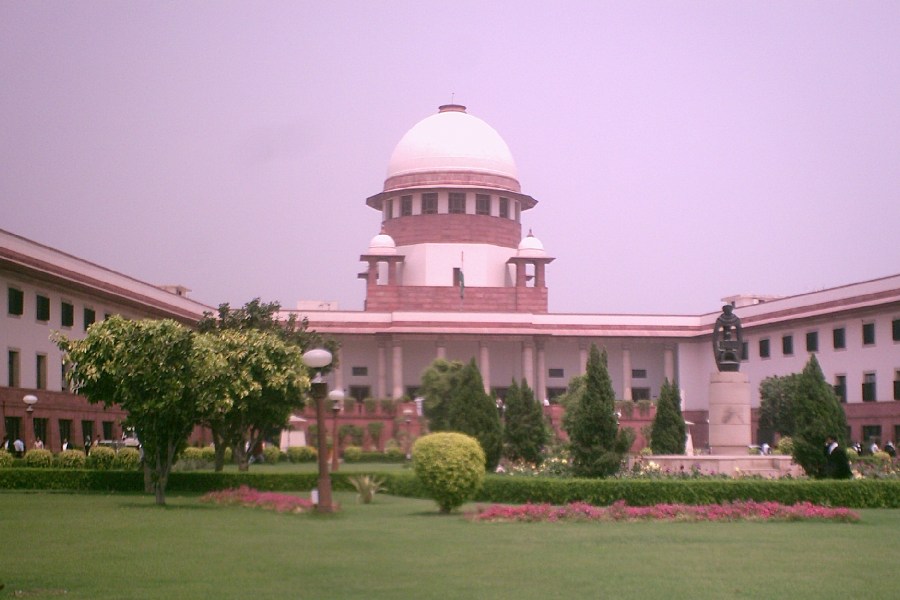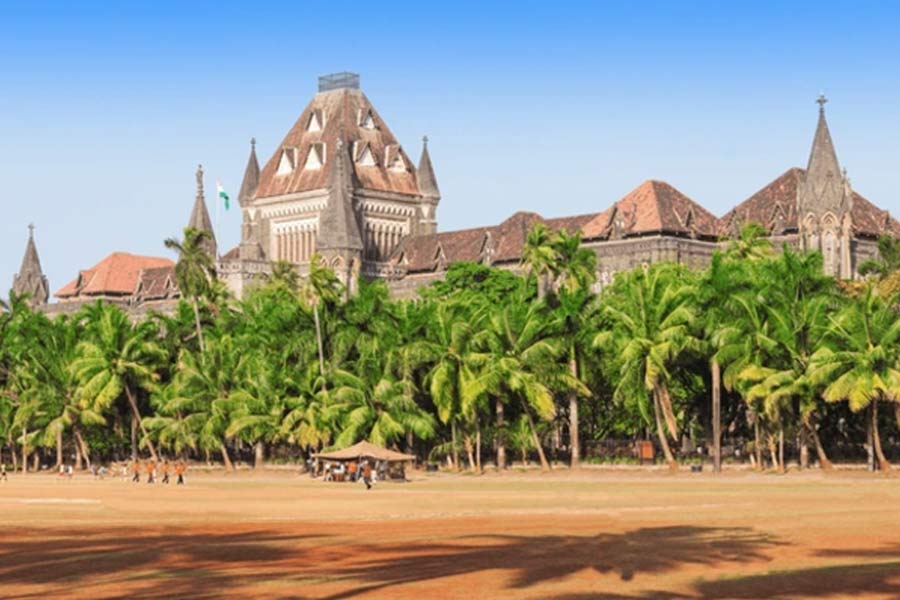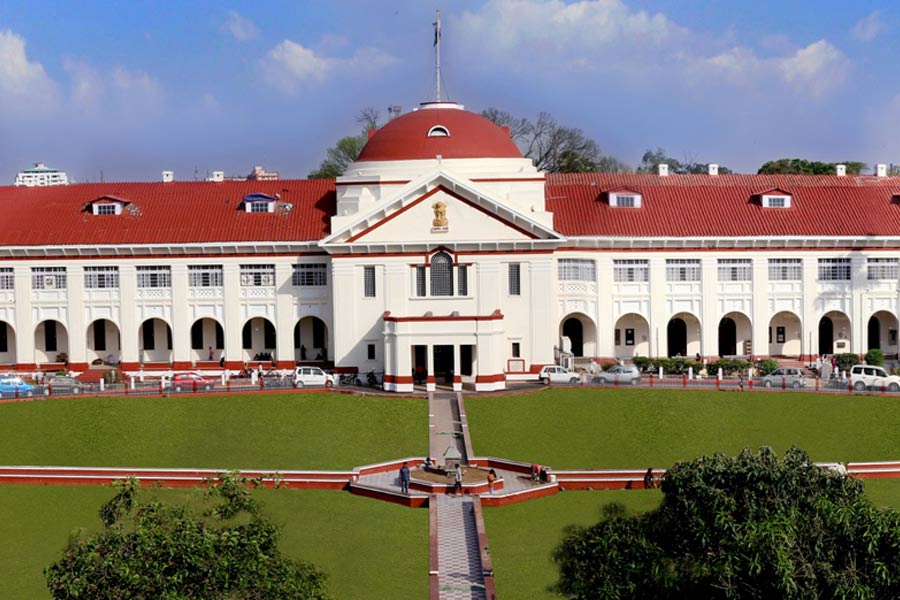The Bengal health regulatory commission’s view that its permission to private hospitals to take deposits during admission was aimed at striking a balance between patients’ convenience and keeping hospitals viable does not hold good, officials of several healthcare units said on Tuesday.
The officials also described as impractical another part of the commission’s advisory, which states that hospitals can ask for removal of a patient if the family fails to pay the deposit within a stipulated time.
The West Bengal Clinical Establishment Regulatory Commission had on Saturday issued an advisory allowing private hospitals to take up to Rs 50,000 or 20 per cent of the estimated treatment cost, whichever is less, as advance during admission.
Private hospitals cannot refuse admission if a patient cannot pay the sum immediately, but the money has to be paid within 12 hours. If a patient fails to pay up within that time, the hospital can ask that the bed be vacated within an hour, the advisory said.
A senior official of a private hospital said taking the deposit during admission and viability were not connected.
“It’s true that if the hospital cannot recover the entire cost of treatment from a patient, its viability is affected. But I don’t think that paying the deposit during admission is a guarantee that the patient or his or her relatives would pay the entire remaining cost at the time of discharge,” said Sudipta Mitra, the chief executive of Peerless Hospital.
He said many elderly people are brought to hospital for admission by a relative, neighbour or some other person because their children live elsewhere. The person accompanying such a patient usually does not pay any deposit during admission.
“Elderly people living in housing complexes are often accompanied by guards. There is no question that a guard will pay the deposit. But the patient’s son or daughter, who stays elsewhere, sends the money in a day or two or the patient makes arrangement himself or herself. At the time of discharge the bill is paid in full,” said Mitra.
In many other cases, however, the initial deposit is paid, but the patient’s family throws up their hands when the treatment cost goes up. “In such situations we have to forgo a substantial part of the treatment cost. All private hospitals face such situations,” Mitra said.
Relatives of a patient on Tuesday alleged that Desun Hospital, off EM Bypass, had taken a deposit of nearly Rs 3 lakh but did not treat the patient, who died in an ambulance.
Retired judge Ashim Kumar Banerjee, the chairperson of the regulatory commission, said the panel would look into the matter if a relative of the patient lodged a complaint. “Earlier, too, there were allegations against the hospital,” said Banerjee.
Tapas Mukherjee, a senior official of Desun, did not take calls from Metro on Tuesday evening.
The commission chairperson said the new advisory on deposit was aimed at striking a balance. “Many hospitals were taking huge amounts as deposits. We tried to cap the amount. At the same time, hospitals need to stay viable,” he said.
Discharge after 12 hrs
Officials of several private hospitals said the advisory to admit a patient provisionally for 12 hours and then discharge within an hour if relatives fail to pay the deposit was “impractical”.
“Treating a patient gets priority over money. If a patient is admitted, then treatment continues irrespective of whether the payment is made at that point in time or not,” said Rupak Barua, the Group CEO of AMRI Hospitals and the president of the Association of Hospitals of Eastern India, an organisation of private hospitals in Bengal.
“To discharge a patient undergoing treatment, we need relatives to sign a discharge-against-medical advice form. Unless the form is signed with proper justification, we cannot discharge a patient undergoing treatment, irrespective of the payment status,” said Barua.
The CEO of another private hospital said that a patient could not be discharged without the clearance of the doctor treating him or her. “On many occasions, when the treatment cost shoots up and family members say they cannot pay the amount, we counsel them to shift the person to a government faci-lity. It can take more than two days to shift such patients. It can’t be done in an hour,” he said.
Consent for tests
The commission’s advisory also says that for any inves-tigation above Rs 2,000, a hospital has to take the consent of a patient’s family. This was because the commission found that many expensive investigations were repeated, which was pushing up the cost.
“Most investigations for a Covid patient cost more than Rs 2,000. Is it possible to take consent for every test over the phone?” the CEO of a private hospital asked. “My hospital has around 600 beds. It’s not possible to take consent for so many patients.”

